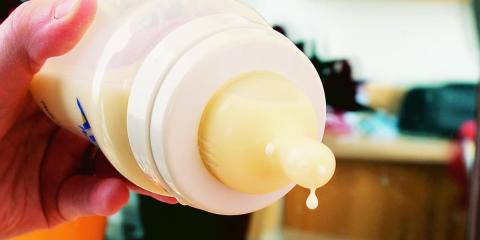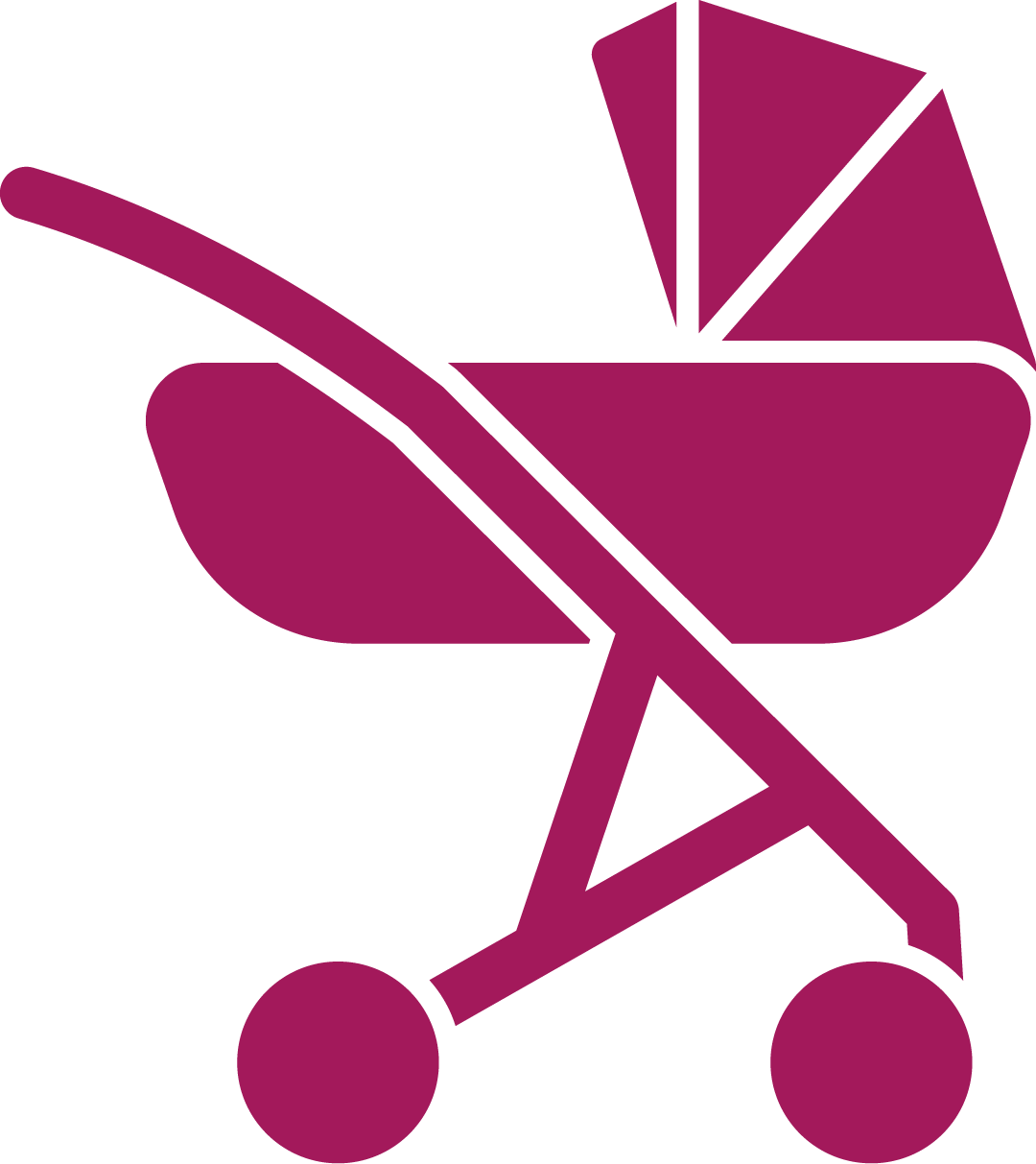Not having enough milk is one of the most common reasons mums give up on breastfeeding, but with the right support almost everyone will be able to feed for as long as they want.
What to do if you're worried you don't have enough milk
In this short video, NHS Infant Feeding Advisor Marianne shares what you can do if you’re worried about low breast milk supply.
What are the symptoms?
Some mums worry they're not making enough milk because they're not sure if their baby has gained enough weight. You can check what's normal by reading our article on poor weight gain and looking at our feeding checklist.
Occasionally mums don't produce enough milk for their baby. If your breasts never really feel full, your baby's weight gain is low and they seem unsatisfied or distressed, ask for help from your health visitor or a Breastfeeding Helpline advisor (0300 100 0212) on how to build up your milk supply.
What causes it?
There are a number of possible causes, including:
- Formula: Some mums introduce formula as a quick fix, not realising it will make their milk supply even lower.
- Attachment issues: If your baby isn't well attached they won't be encouraging a good flow of milk in your breasts.
- Not feeding as soon as your baby shows feeding cues: Timing feeds, scheduling, missing night feeds, only offering one breast per feed or finishing feeds too early may upset your milk supply.
- Dummies used in the early weeks: Can mask feeding cues and prevent establishing a good milk supply.
- Medical and birth problems: Some serious conditions can delay your milk supply but these are very rare. Speak to your midwife or an infant feeding advisor at the hospital if you're worried.
What's the solution?
There are several things you can do to establish and keep up a good supply of milk.
Top tips
Tip #1: Feed often
It’s vital to make sure your baby is attached and feeding properly. If your baby isn't attached correctly, they won't be taking in enough milk and so your body won't know it needs to produce more. Read our guides to positioning and attachment for some step-by-step advice.
Tip #2: Keep going with your baby on the breast
Try to feed as often as possible rather than introducing alternatives, even if it feels like you haven't got any milk to give. For the first few days, your baby only needs a very small amount of milk to fill up their tiny tummy, so they may need to feed frequently. Read more about how much milk your baby needs here.
Tip #3: Skin-to-skin
Skin-to-skin contact and breastfeeding as soon as possible after birth is key in getting your supply off to a good start. Keeping your baby close and avoiding supplements of formula milk, teats and dummies will also help.
Tip #4: Let them guide you
Let your baby feed whenever they are hungry until they pull away. You don't need to worry about 'spoiling' your baby with too much milk, they will know how much they need (letting you know with feeding cues) and will only feed until they are full. There’s no such thing as ‘too much breastmilk’ for a baby. You can read more about spotting your baby's feeding cues here.
Tip #5: Trust yourself!
Breastfeeding works best when you use your instinct and respond to your baby and your own body. So have confidence in your instincts: wake a sleepy newborn who you don't feel is feeding enough or when your breasts feel tingly full. Trust yourself!
Tip #6: Express often
Expressing your milk can be really useful for building up your supply. It will also help your body continue making milk if you have to be away from your baby for any reason. You can find out more about expressing here.
 Activities & Play
Activities & Play Behaviour
Behaviour Childcare
Childcare Development & Growing Up
Development & Growing Up Family, Friends & Relationships
Family, Friends & Relationships Feeding Your Baby
Feeding Your Baby Food & Eating
Food & Eating Health & Safety
Health & Safety Mental Health & Wellbeing
Mental Health & Wellbeing Money & Work
Money & Work Online Behaviour & Safety
Online Behaviour & Safety Pregnancy & First Days
Pregnancy & First Days School & Education
School & Education Sleep
Sleep









 Pregnancy & First Days
Pregnancy & First Days
 Sleep
Sleep